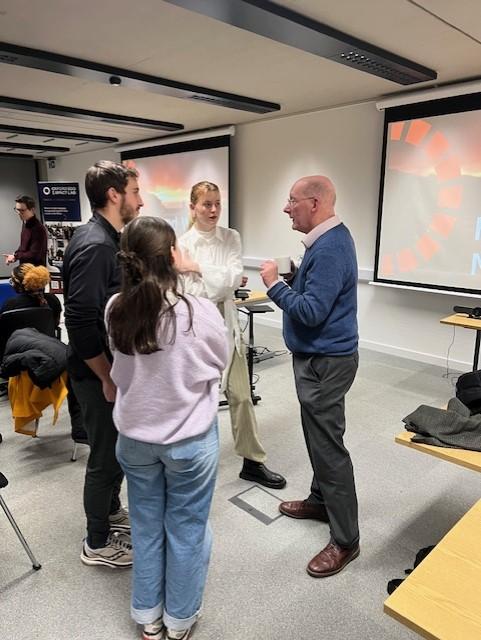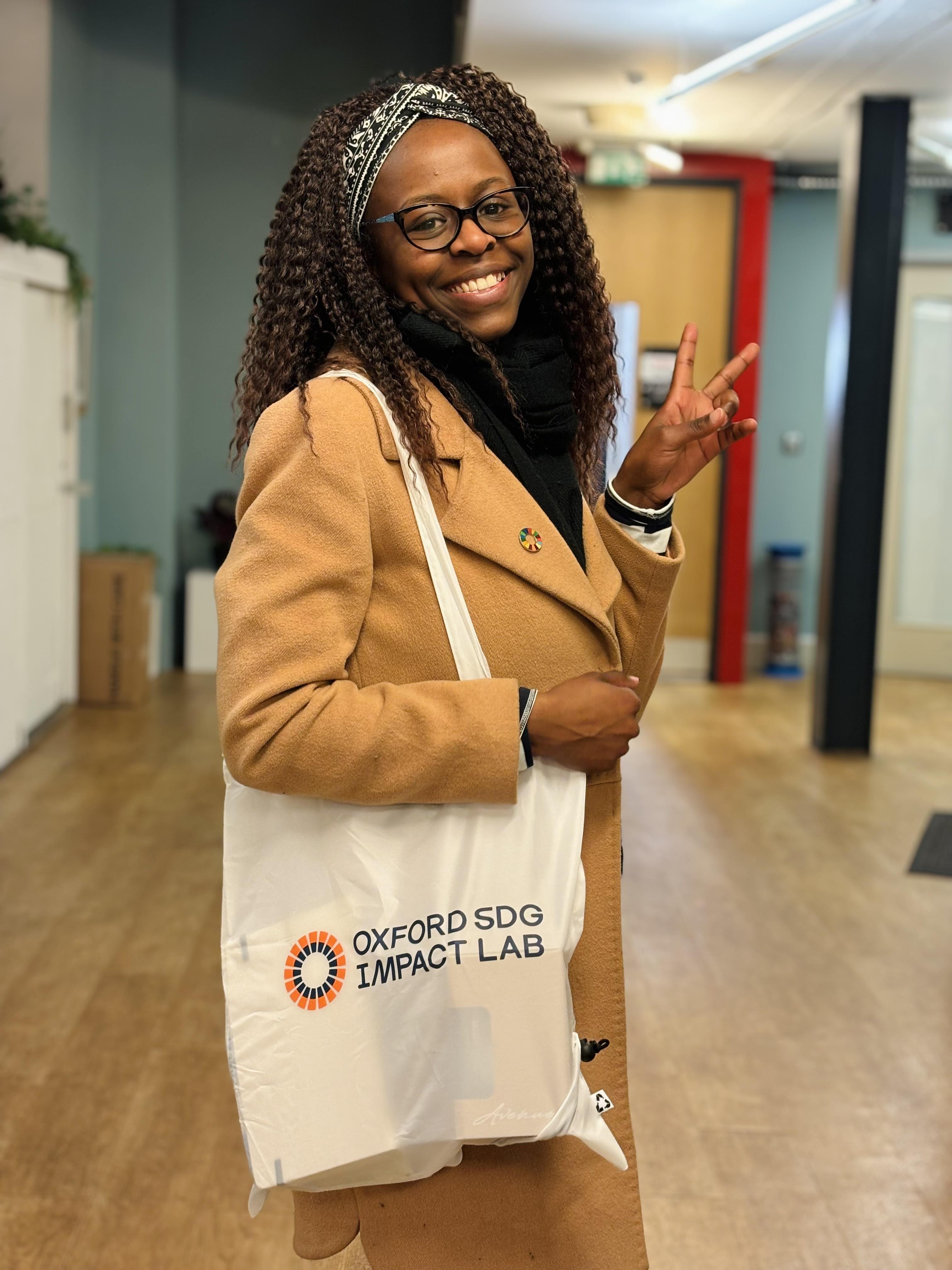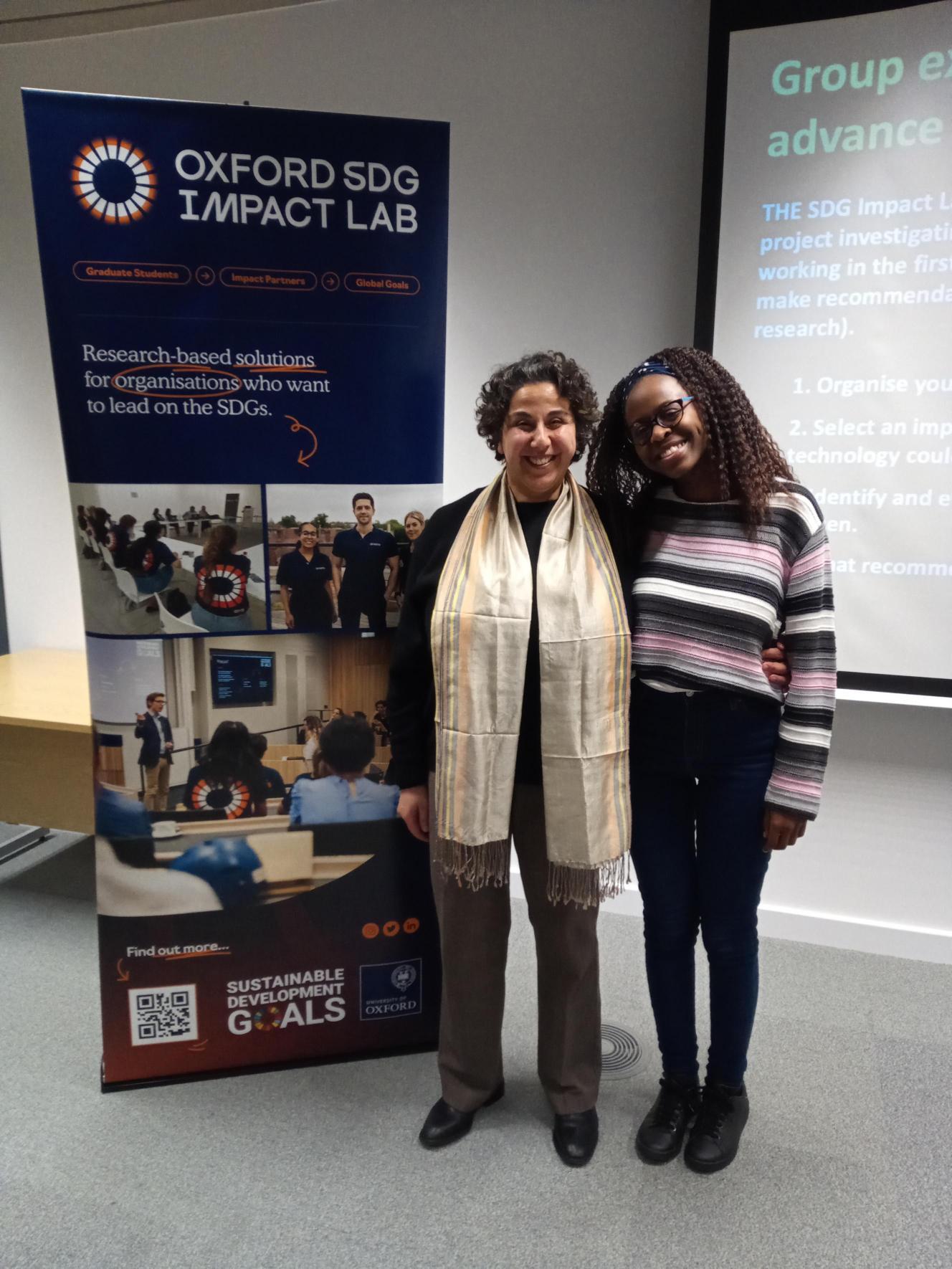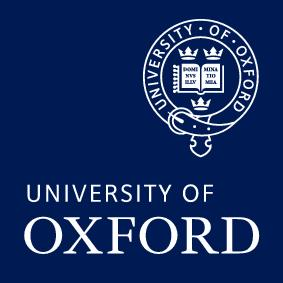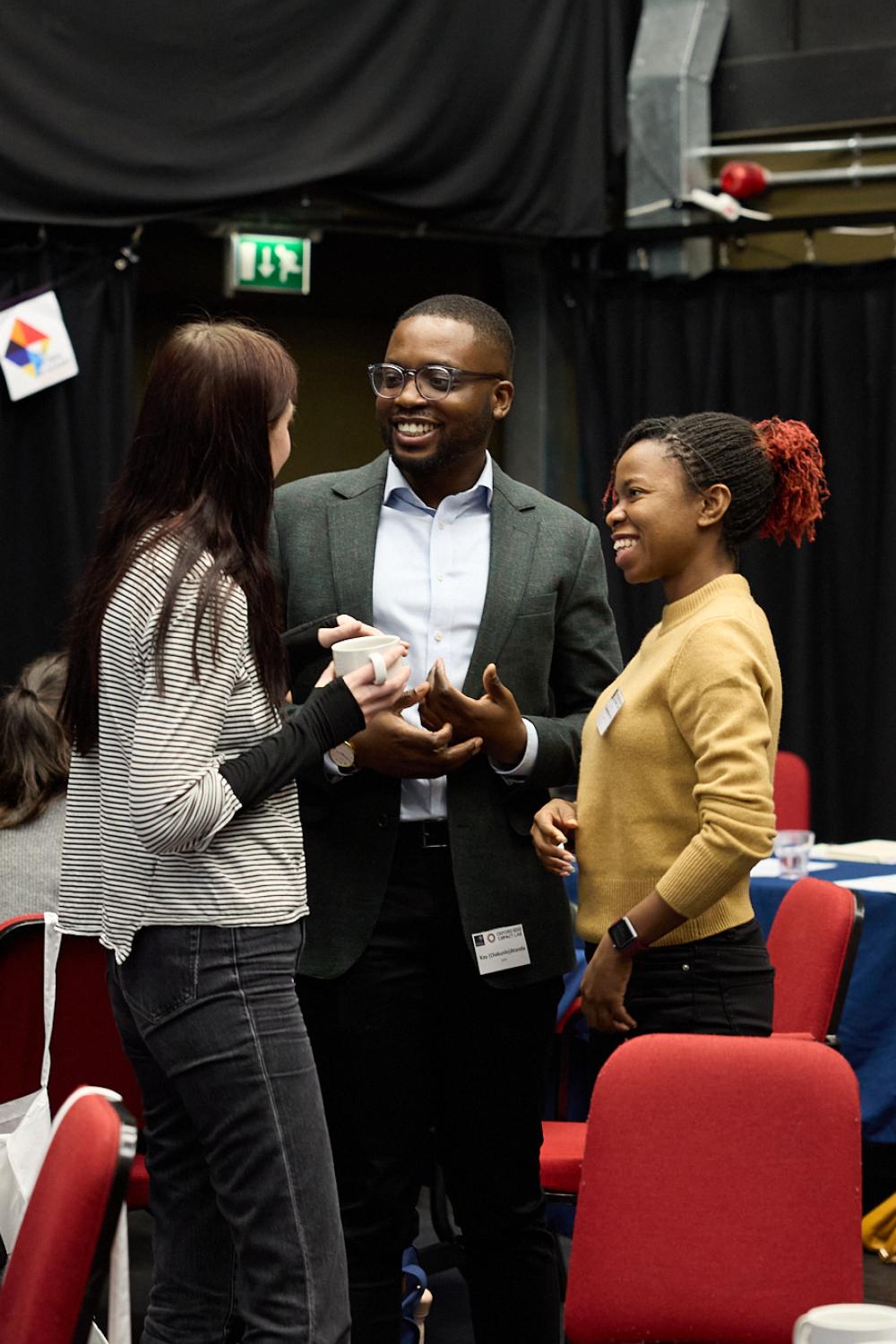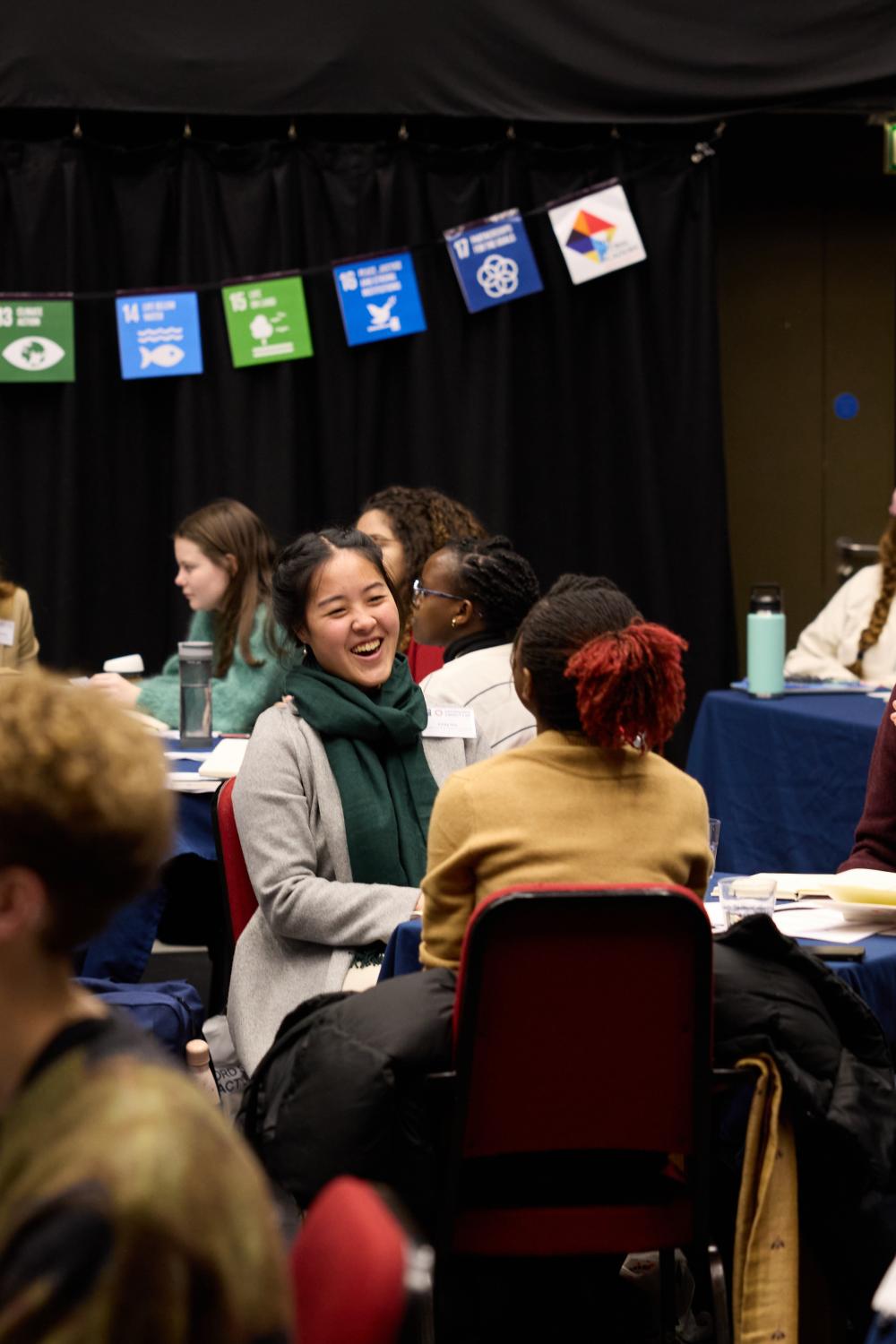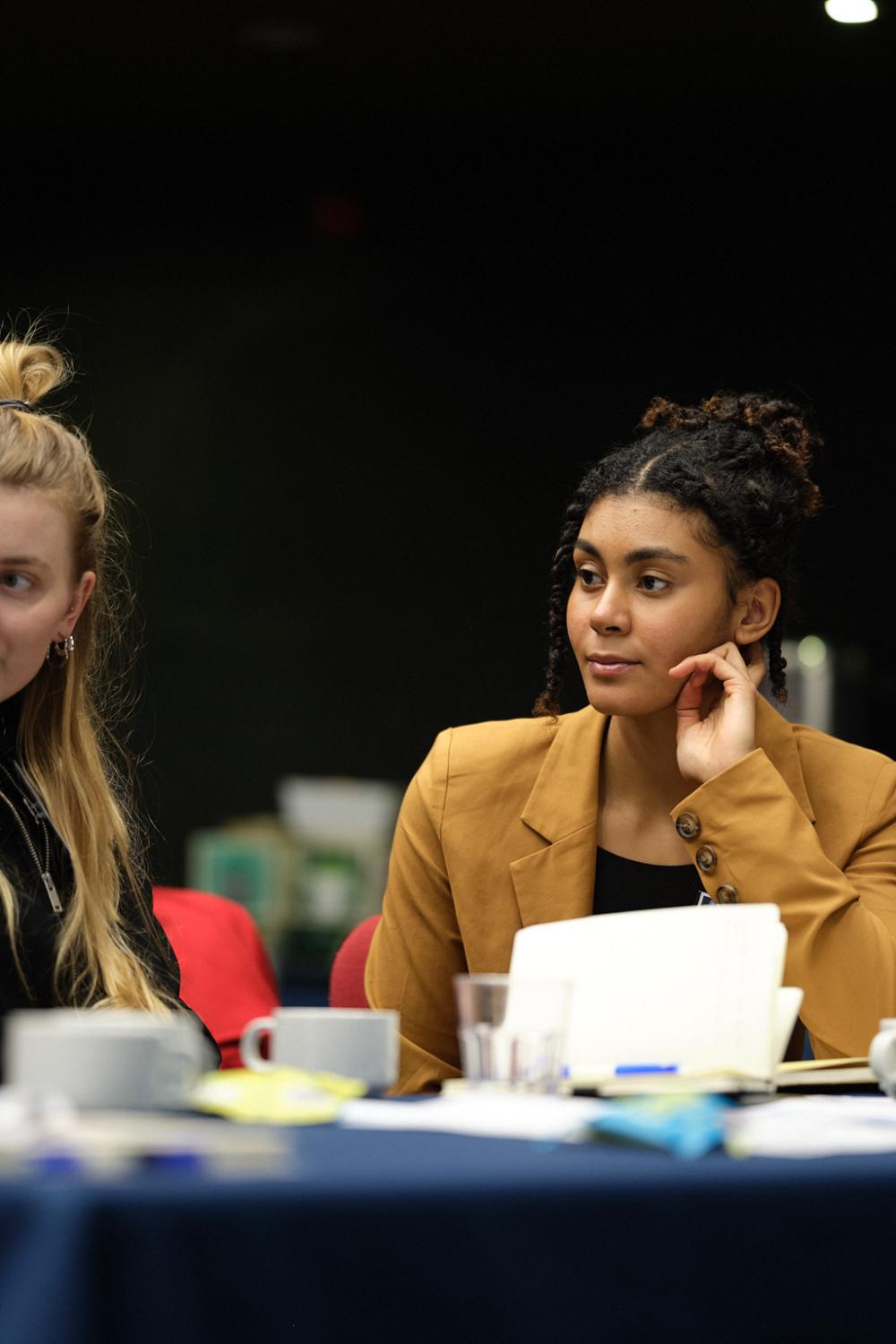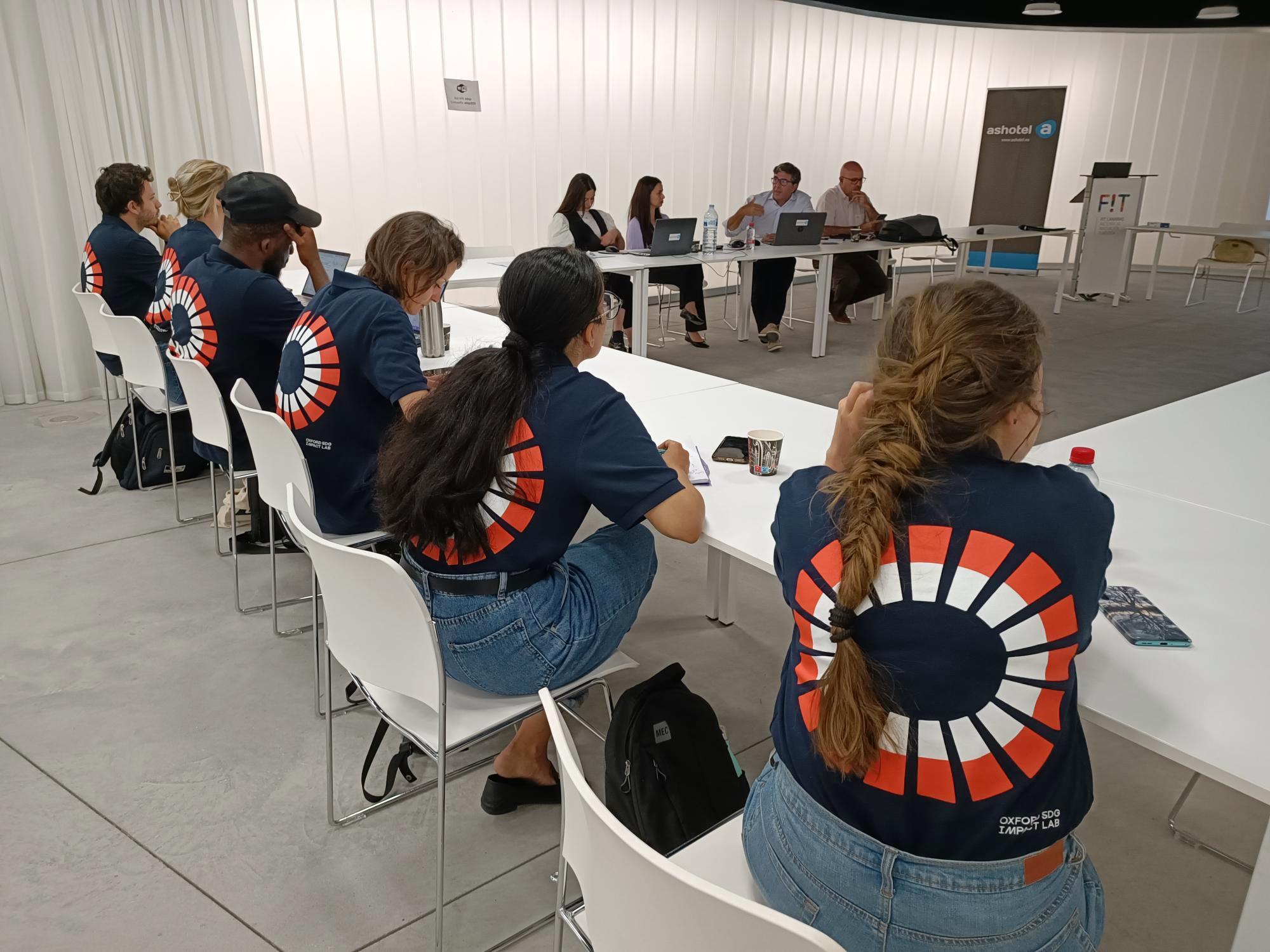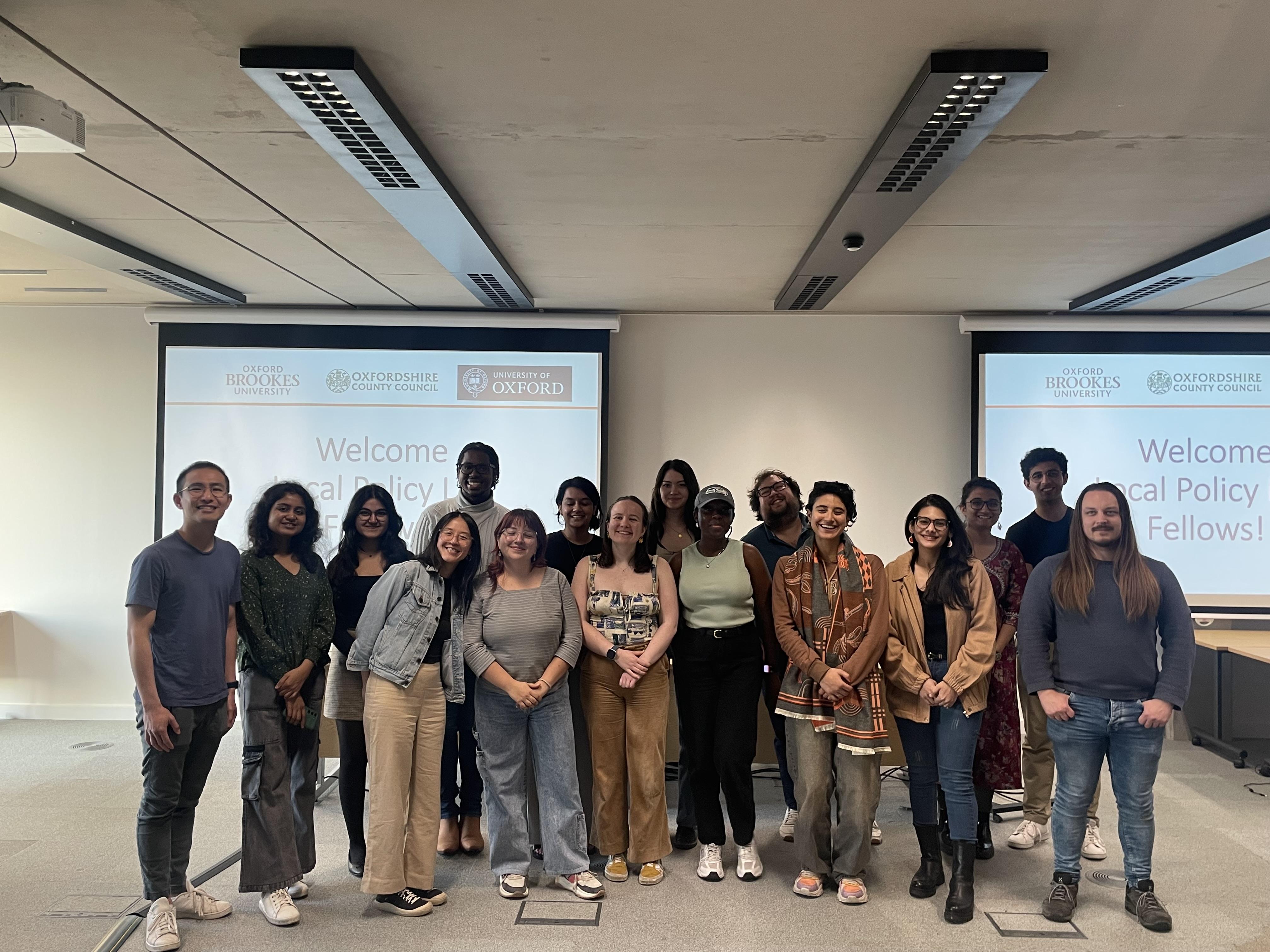We have reached the halfway point of our Masterclass Series, an eight-week course for our postgraduate Lab Fellows, with weekly sessions underpinned by three core curriculum areas: Ethics, Evidence and Engagement. The classes have been curated by Dr Edward Brooks with guest speakers providing the latest insights from SDG related research and policy followed by group and peer-learning components as well as case studies of impact projects delivered by previous Lab Fellows.
The first Masterclass launched with guest speaker Professor Mette Morsing, director of the Smith School of Enterprise and the Environment - University of Oxford, speaking to our cohort of 60+ Fellows about the power of student agency and the leadership skill set so urgently needed to advance the SDGs.
Week 2 was an enlivening and informative evening with special focus on purpose, (both personal and organisational) and education, the 'learning crisis' and how research can influence shifts in policy. Thanks to Dr Mark Henstridge, CEO of Oxford Policy Management and Co-Director of the Research on Improving Systems of Education (RISE) programme for his input and the useful reminder that "what gets measured gets managed".
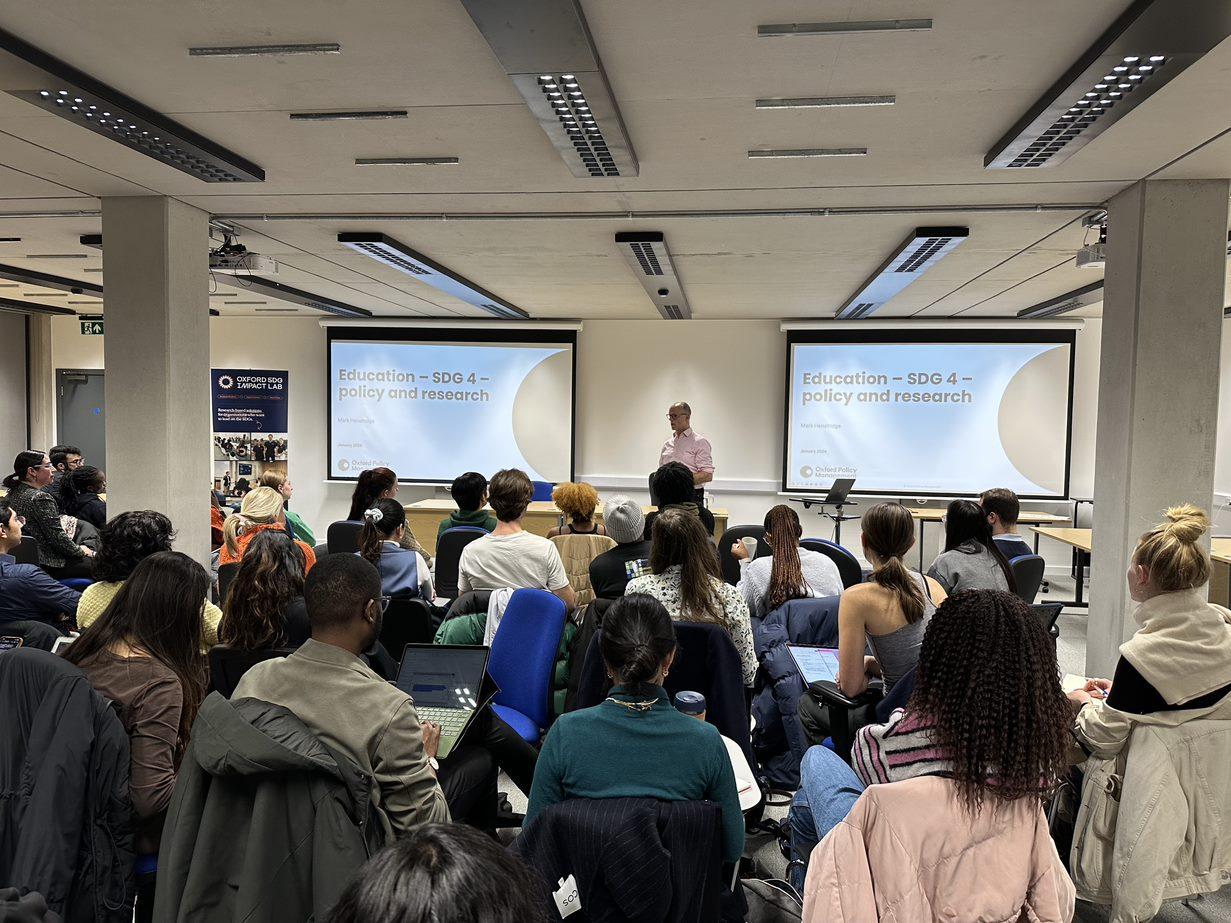
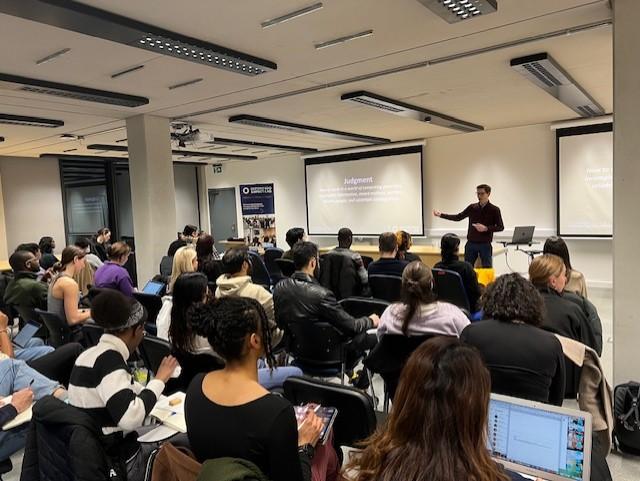
The third Masterclass was a provocative and engaging workshop, exploring the inner development goals and how they might impact external development, and the ever-evolving nature of Character. In the latter part of the evening, we were joined by Dr Proochista Ariana, Associate Professor of International Development and Health and Director of the MSc in International Health and Tropical Medicine, who led a session which focused on #SDG3, Health and Wellbeing, discussing and debating the question; "What is Health?", and the challenge to reach and agree on a completely holistic, satisfactory definition. It was great to see the disciplinary diversity of the cohort emerge through individual thoughts, reflections and contributions during the session.
The lastest session in Week 4 focused on Judgement: How to work in a world of competing principles, incomplete information and uncertain consequences? Joined by guest speaker Professor Sir Charles Godfray, Professor of Population Biology at Balliol College and Director of the Oxford Martin School, where he also serves as Director of the Oxford Martin Programme on the Future of Food. Sir Charles began with a rhetorical question: "How do you feed 10 billion people sustainably?" He postulated that there is a way to make the population on earth live sustainably, it will take hard choices, but it is possible #SDG2. To achieve this, focus is required on the 'demand' side of the equation and particularly on the importance of the regulatory and incentive/disincentive options, and while more research and education is important, implementation is key. It is imperative to get globalisation and the just transition right because if "we fail on food we fail on everything."
Over the classes case studies of previous Lab projects have been shared. Former Fellow Amy Booth presented her experience of being involved in developing an ESG framework for the tourism sector. Oliver Cook who leads the Oxford Sport Leadership Lab, described the cross-community work being doing with schools in East Oxford, channelling sport to address the 'Town v Gown' divide. We also welcomed back former Lab Fellow Ruby-Anne Birin who shared details about the project she participated in that is helping to reduce food waste in hospitality.
